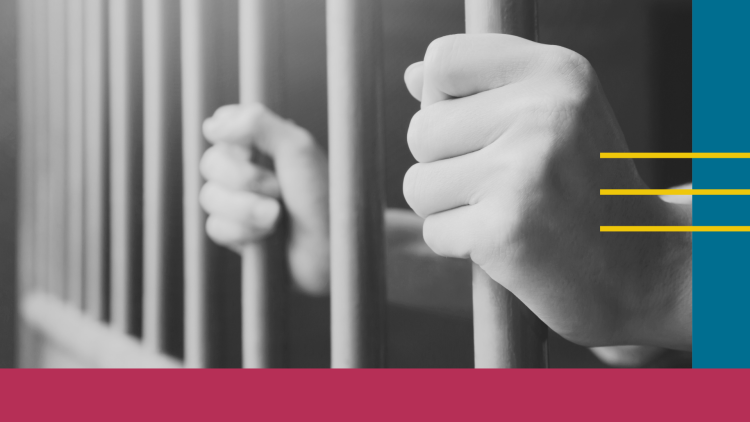
The Government of Belarus has expanded the list of crimes categorised as extremist activity in a new resolution. From now on, criminal convictions for violating procedures related to receiving foreign aid will serve as grounds for including persons in the list of those involved in extremist activity. These persons are subject to serious restrictions on their civil legal capacity, in addition to criminal punishment. These restrictions remain in place even after the fulfilment of the sentence. As a consequence, the Ministry of Internal Affairs will expand its control over foreign aid. This could lead to further deteriorations, as the MIA is a body responsible for combating extremism, which is often abused to severely restrict civic activity.
New legal grounds to target foreign aid and expand list of extremists
The Government of Belarus in the Resolution of the Council of Ministers of the Republic of Belarus No. 319 of June 10, 2025 (the main provisions entered into force on June 14) amended the grounds for including citizens in the list of extremists (after a guilty verdict under Article 369-2) and in the list of terrorists (separate list with even more severe restrictions):
- If there is a guilty sentence under Article 369-2 and there is an indication that this violation of the order of receiving foreign aid was related to extremist or terrorist activity - the guilty person is included in the list of extremists.
Inclusion on the list brings about significant restrictions on civil rights and professional activities. For example, they are prohibited from any public employment in state organisations, military service, educational or publishing activities for five years after the expungement of their criminal record.
The Resolution supplements the grounds for inclusion in the list of organisations, formations, individual entrepreneurs, as well as citizens of Belarus, foreign citizens or stateless persons involved in extremist activity with the list of crimes of extremist orientation.
Previously, the criteria for inclusion in the lists were “actions” specified in the Law of the Republic of Belarus “On Combating Extremism”. In its Resolution, the Council of Ministers also defined the list of articles of the Criminal Code, the sentence for which will be the basis for inclusion in the ‘extremist’ lists. There are more than 50 such articles. Such crimes also include other crimes provided for by the articles of the Criminal Code, if committed on the grounds of racial, national, religious hostility or discord, political or ideological hostility, as well as on the grounds of hatred or discord against a social group.
The list of extremists currently contains over 5,500 Belarusians and foreign citizens, convicted under articles on gross violation of order for participation in the protests of 2020, insulting president, officials, judges, policemen and many other cases. Citizens are added to it after the court verdict comes into force. It should be taken into account that the Belarusian authorities qualify as “extremist activity” the legal activities of many NGOs declared by the authorities as “extremist formations”, including the well-known Human Rights Center “Viasna”, the International Committee for the Investigation of Torture, the Association of Youth and Children's Organizations Rada, the Center for New Ideas, as well as leading media and crowdfunding platforms. In total, the list of extremist formations currently includes 300 organizations and informal groups, including communities in social networks.
Existing severe restrictions on receipt and use of foreign aid
As of today, the receipt and use of foreign aid is regulated by Decree of the President No. 3 "On Foreign Gratuitous Aid" dated May 25, 2020. In general, an authorization-based procedure for receiving foreign aid has been in place in Belarus since 2001. It now includes:
- mandatory registration of foreign aid with a state agency,
- the need to request a separate decision from the state regarding the exemption of aid from taxes,
- a closed list of purposes for receiving aid; and
- broad powers of the state to restrict its use.
Due to the amendments to the Constitution in February 2022, this decree must be replaced by a special law "On Foreign Gratuitous Aid" - its development was announced by state agencies, but the details of the development of the law have not yet been communicated to the public.
Expanded scope of the Criminal code
The liability under Article 369-2 does not come at once, but only for repeated foreign aid violation within 1 year. For the first violation, there is an administrative liability under Article 24.14 of the Code of Administrative Offences, which does not lead to criminal punishment; therefore, also not to the inclusion on the list of extremists. Earlier in February 2025, the Criminal Code was amended to expand the scope of Article 369-2 “Illegal receipt and/or use of foreign gratuitous aid”.
